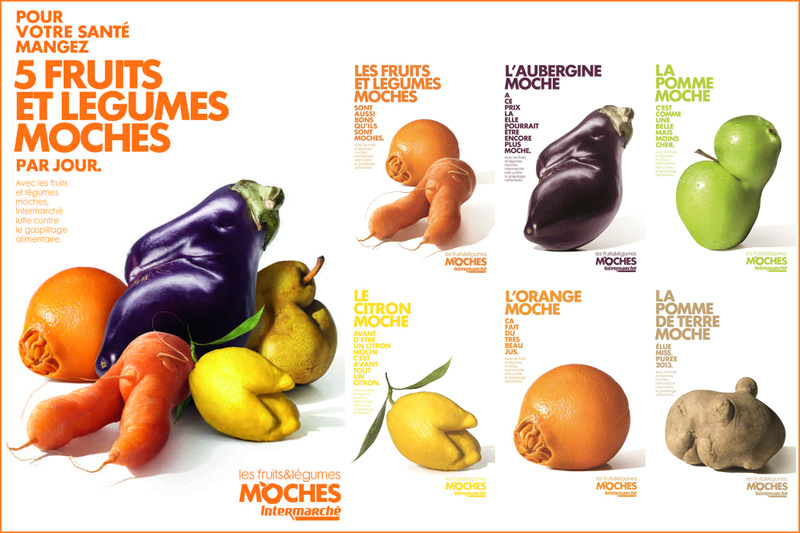Each year, we throw away over 300 million tons of fruit and vegetables worldwide mainly because they do not conform to retail standards of perfection (57% of total waste). The European Union has made 2014 the European year against food waste; and Intermarché the 3rd largest supermarket chain in France decided to try and change their customers perceptions to encourage better behaviour towards imperfect fruit and vegetables by showing them that though they might be ugly, they are just as good to eat! Intermarché made every effort to celebrate 5 “fruits et legumes moches” or “inglorious fruits and vegetables”. They received their own print and film campaign, their own local poster and radio campaign, their own in-store branding, their own aisle in store, their own labelling, and their own spot on the sales receipt. Finally, for people to realise that they were just as good as the others, Intermarché designed and distributed inglorious vegetable soups and … Read More
The Open Source Seed Intitiative
I have just completed reading Lisa Hamilton’s aptly titled article, Linux for Lettuce, in VQR: A National Journal of Literature and Discussion. The article explores the beginnings of the Open Source Seed Initiative (OSSI) by a handful of practical farming academics and plant breeders in reaction to companies like Monsanto and their unscrupulous race to patent life. “Fueled by both frustration and outrage, Myers, Morton, and Goldman helped establish a subtly radical group called the Open Source Seed Initiative (OSSI) in 2012. Operating under the radar, its mission was to reestablish free exchange by creating a reservoir of seed that couldn’t be patented—“a national park of germplasm,” Goldman called it. By 2013, the group had two dozen members, several of them distinguished plant breeders from public universities across the country. OSSI’s de facto leader is Jack Kloppenburg, a social scientist at the University of Wisconsin who has been involved with issues concerning plant genetic resources since the … Read More

